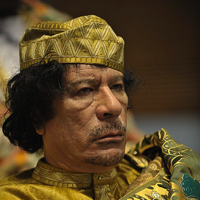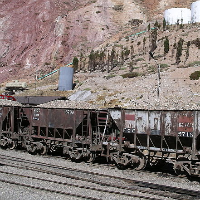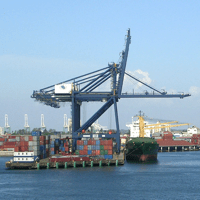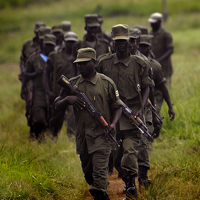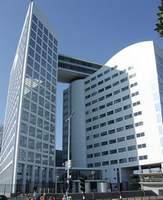
For observers and advocates of the International Criminal Court (ICC), the Feb. 26 U.N. Security Council resolution imposing sanctions on Libya (.pdf) was nothing short of a breakthrough: It marked the first time a decision to refer crimes to the ICC was backed by all members — including the United States, which has been openly hostile to the court for much of its existence. Three weeks later, the U.S. showed support for the ICC yet again, albeit less publicly. During informal talks at the Security Council on March 18, a Kenyan delegation lobbied for a one-year deferral of two ICC […]

